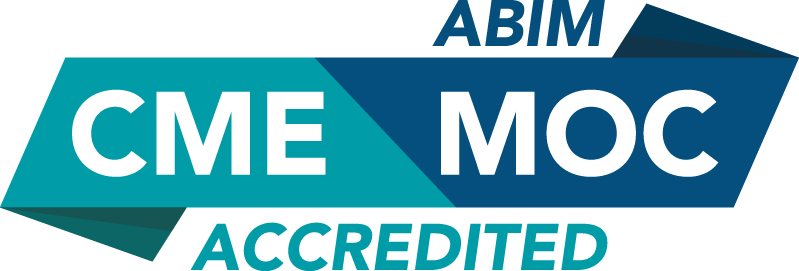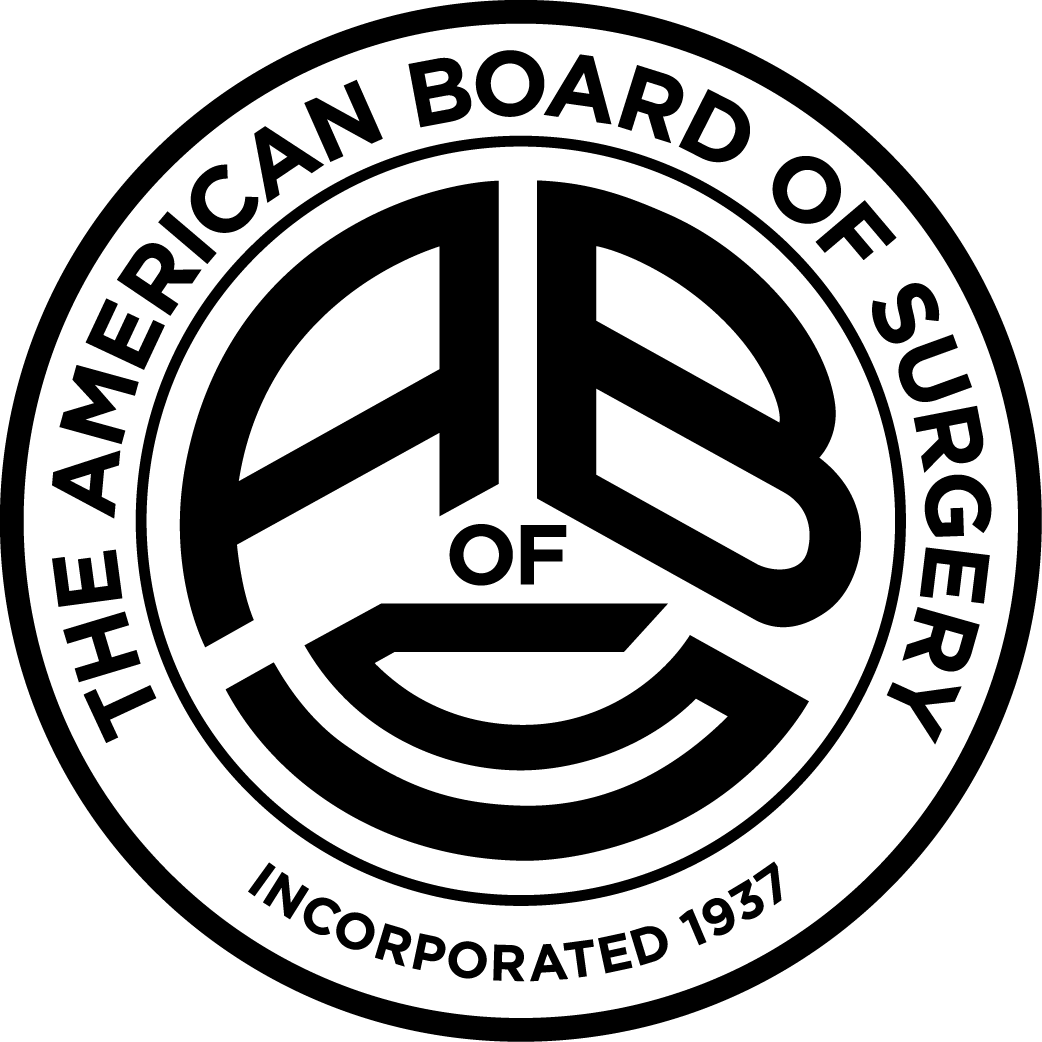- VERONICA WATSON
Series Overview
Pediatric multidisciplinary airway conference consists of a prepared didactic on an airway topic followed by presentation of 1-3 complex cases with commentary by the team involved and discussion by experts in pediatric otolaryngology, pediatric anesthesiology, pediatric emergency medicine, pediatric pulmonology, immunology, pediatric sleep medicine, pediatric surgery, pediatric critical care, genetics, neonatology, cardiac surgery and other disciplines. Cases are selected for high educational value and interdisciplinary applicable content. The conference serves as a venue to interdisciplinary understanding, improve collaboration and identify areas to improve patient care.
Target Audience
MD/DO, RN, APRN, Physician Assistants, and Students
Planning Committee
| Michael Puricelli, MD, Chair | Veronica Watson, EdD, Coordinator | Michael Gorelik, MD | Ying E. Lu-Boettcher, MD |
| Nicholas Kuehnel, MD |
Accreditation
Accreditation Statement
 | In support of improving patient care, the University of Wisconsin–Madison ICEP is jointly accredited by the Accreditation Council for Continuing Medical Education (ACCME), the Accreditation Council for Pharmacy Education (ACPE), and the American Nurses Credentialing Center (ANCC) to provide continuing education for the healthcare team. |
Credit Designation Statements
American Medical Association (AMA)
The University of Wisconsin–Madison ICEP designates this live activity for a maximum of 1 AMA PRA Category 1 Credit™. Physicians should claim only the credit commensurate with the extent of their participation in the activity.
American Board of Anesthesia MOCA 2.0 Lifelong Learning and Self-Assessment Credit
This activity contributes to the CME component of the American Board of Anesthesiology’s redesigned Maintenance of Certification in AnesthesiologyTM (MOCA®) program, known as MOCA 2.0®. Please consult the ABA website, www.theABA.org, for a list of all MOCA 2.0 requirements.
American Board of Internal Medicine MOC Credit
 | American Board of Internal Medicine: Successful completion of this CME activity, which includes participation in the evaluation component, enables the participant to earn up to 1.0 Medical Knowledge MOC points in the American Board of Internal Medicine's (ABIM) Maintenance of Certification (MOC) program. Participants will earn MOC points equivalent to the amount of CME credits claimed for the activity. It is the CME activity provider's responsibility to submit participant completion information to ACCME for the purpose of granting ABIM MOC credit. |
American Board of Otolaryngology - Head and Neck Surgery Lifelong Learning and Self-Assessment Credit
Successful completion of this CME activity, which includes participation in the evaluation component, enables the participant to earn their required annual part II self-assessment credit in the American Board of Otolaryngology - Head and Neck Surgery's Continuing Certification program (formerly known as MOC). It is the CME activity provider's responsibility to submit participant completion information to ACCME for the purpose of recognizing participation.
American Board of Pediatrics MOC Lifelong Learning and Self-Assessment Credit
Successful completion of this CME activity, which includes participation in the activity and individual assessment of and feedback to the learner, enables the learner to earn up to 1.0 MOC points in the American Board of Pediatrics’ (ABP) Maintenance of Certification (MOC) program. It is the CME activity provider’s responsibility to submit learner completion information to ACCME for the purpose of granting ABP MOC credit.
American Board of Surgery Lifelong Learning and Self-Assessment Credit
 Successful completion of this CME activity, which includes participation in the evaluation component, enables the learner to earn credit toward the CME and Self-Assessment requirements of the American Board of Surgery’s Continuous Certification program. It is the CME activity provider's responsibility to submit learner completion information to ACCME for the purpose of granting ABS credit.
Successful completion of this CME activity, which includes participation in the evaluation component, enables the learner to earn credit toward the CME and Self-Assessment requirements of the American Board of Surgery’s Continuous Certification program. It is the CME activity provider's responsibility to submit learner completion information to ACCME for the purpose of granting ABS credit.
Continuing Education Units
The University of Wisconsin–Madison ICEP, as a member of the University Professional & Continuing Education Association (UPCEA), authorizes this program for 0.1 continuing education units (CEUs) or 1 hour.
POLICY ON FACULTY AND SPONSOR DISCLOSURE
It is the policy of the University of Wisconsin–Madison Interprofessional Continuing Education Partnership (ICEP) to identify, mitigate and disclose all relevant financial relationships with ineligible companies* held by the speakers/presenters, authors, planners, and other persons who may influence content of this accredited continuing education (CE). In addition, speakers, presenters and authors must disclose any planned discussion of unlabeled/unapproved uses of drugs or devices during their presentation. For this accredited continuing education activity, all relevant financial relationships have been mitigated and detailed disclosures are listed below.
* Ineligible companies are those whose primary business is producing, marketing, selling, re-selling, or distributing healthcare products used by or on patients. The ACCME does not consider providers of clinical service directly to patients to be commercial interests.
Detailed disclosures will be available prior to the start of the activity.
Disclosures for Planning Committee
COMPETENCIES
ACGME/NURSING
Patient Care and Procedural Skills
Medical Knowledge
Practice-Based Learning and Improvement
INTERPROFESSIONAL EDUCATION COLLABORATIVE COMPETENCIES
Values/Ethics for Interprofessional Practice
Roles/responsibilities
Teams and Teamwork
ADDITIONAL ACTIVITY GOALS
| JAC 23 |
NON-IP — COMPETENCE/PERFORMANCE
As a result of participation in this educational series, members of the healthcare team will:
- Enhance their knowledge and skills related to providing care to patients with surgical and other airway disorders that are appropriate to their training level and role on the collaborative care team
- Discuss improvements in patient care in this arena through collaboration with the interprofessional team, preparation, consideration of “best practice”, systems improvements and supportive evaluation of “near misses"
- Plan values-informed research opportunities in this arena whether in quality improvement, clinical research or basic science

 Facebook
Facebook Twitter
Twitter LinkedIn
LinkedIn Forward
Forward